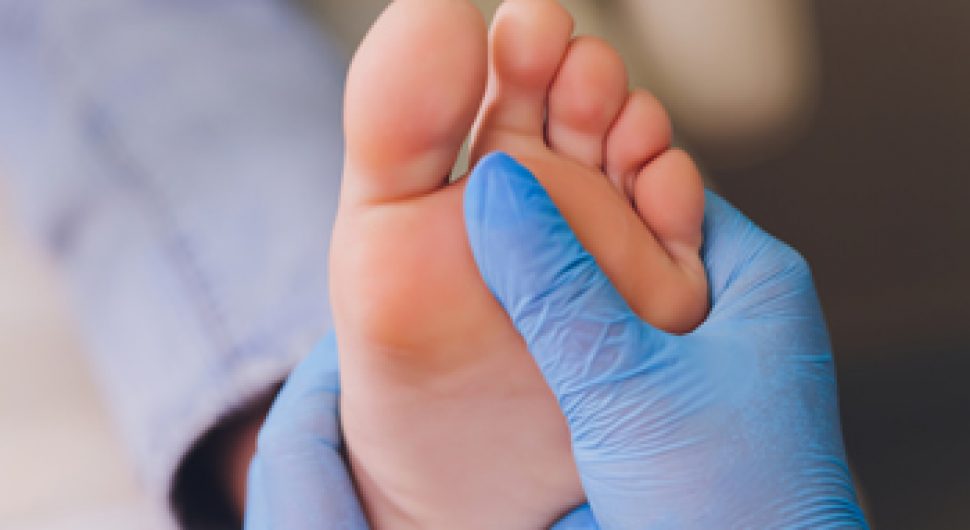Ingrown nails….they make it hard to stand or walk, they’re often complicated, and they’re definitely annoying.
Ingrown nails are caused when the edge of the nail grows into the skin instead of over it. They will typically cause tenderness, swelling, redness to the affected toe, and sometimes infection (paronychia) if the nail pushes through the skin. The great toe is usually the most affected toe,
and while ingrown nails account for approximately 25% of visits to a foot care provider, they are often preventable.
Ingrown nails occur when nails are not cut straight across; when they are cut too short; when you wear ill-fitting shoes over long periods of time that squish your toes together; when you have unusually curved nails; trauma to the foot or nail; or infections of the nail
While care from a qualified provider is recommended, there are some at- home remedies that you can do while waiting for your appointment
– Soak feet 10-15 minutes once a day in warm water (for people who have decreased sensation in your feet, use a thermometer to gauge the most appropriate temperature) – Tuck a small piece of cotton ball or dental floss under the nail to encourage the nail to grow out and away from the skin. This should be changes daily
– Does there appear to be an infection? If so, it’s important to see a doctor to determine whether you require an antibiotic.
If you are a diabetic or have impaired circulation, it is advised to seek treatment quickly as you are more prone to complications from an ingrown nail
There are risk factors that you should be mindful of, whether you’re prone to ingrown nails or not. They are much less painful to prevent than to treat.
Sweaty feet make nails softer; cutting nails too short; not cutting nails straight across; inability to properly care for your feet; activities that put your feet at risk of injury (repeated kicking or pressure on the foot, such as ballet, kickboxing, soccer); medical conditions that restrict or decrease the circulation to your feet; and poor-fitting footwear, including high heels
With these risk factors in mind, you can prevent ingrown nails by inspecting your feet daily; cutting nails straight across and not cutting them too short- they should be even with the tip of the toe; wearing properly fitting footwear and socks that allow the toes to move; wearing protective footwear if you are at risk of injuring your feet; and keeping feet clean and dry change your socks throughout the day if necessary
Your foot care nurse will treat your ingrown nail and show you how to properly care for and manage it as it grows out.

